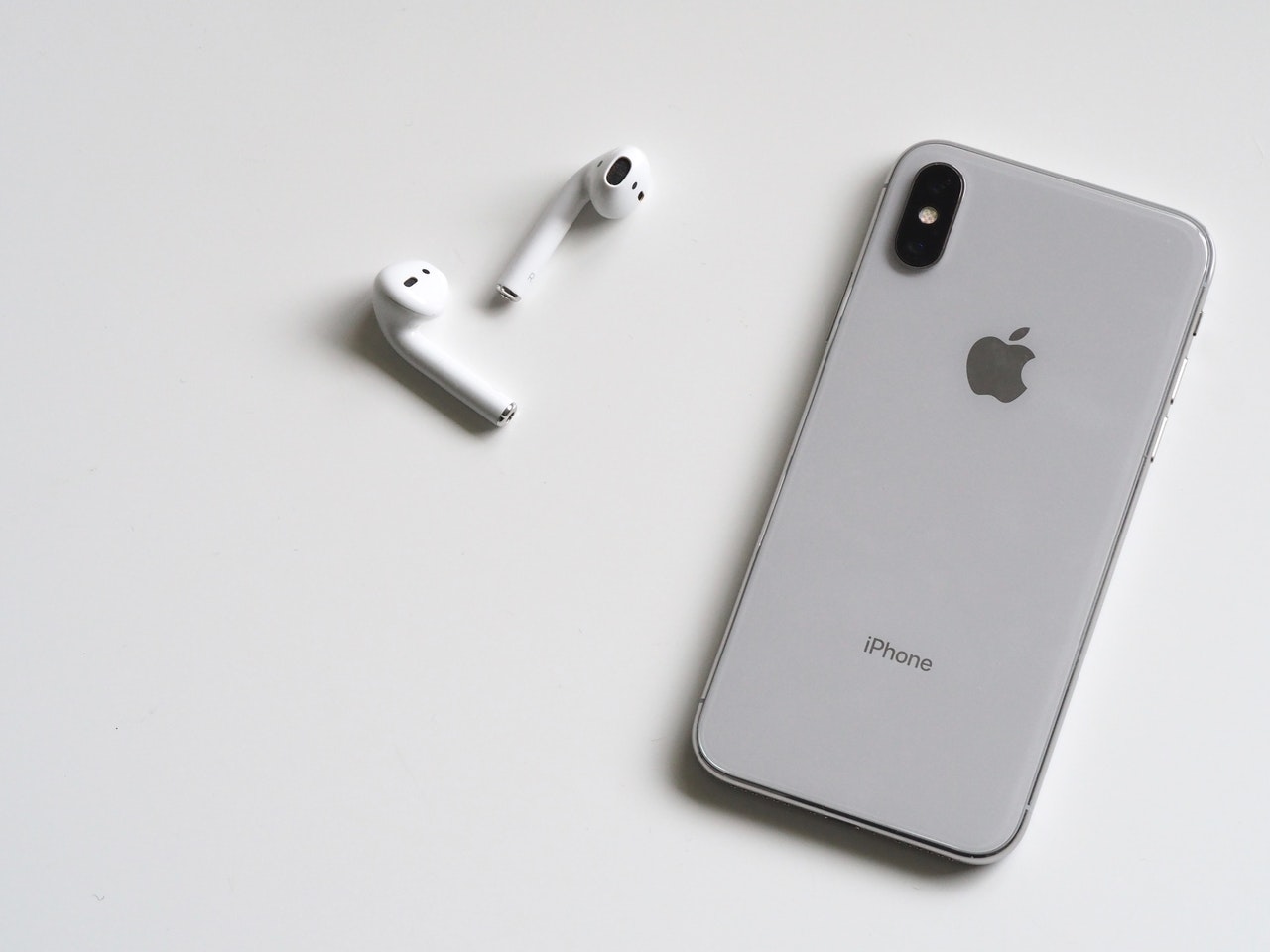[ad_1]
Apple stock is trading flat in early US price action today as broader markets look for direction after the sharp rebound yesterday. The stock has slumped this year after hitting its all-time high on the first trading day of 2022.
Apple has announced that the new Mac would be available later this week. The model would be powered by the M2 chip and would have a liquid retina display. Commenting on the new Mac, the company said, “With a durable, all-aluminum unibody enclosure that feels incredibly solid and is built to last, it measures just 11.3 millimeters thin, is only 2.7 pounds, and delivers an astonishing 20 percent reduction in volume from the previous generation.”
Smartphone sales are expected to fall
Notably, last month Bloomberg reported that over the next year, Apple is looking to launch a flurry of new products, including the AR/VR sets. These products would help the company increase its sales as well as its target market at a time when there are concerns over global smartphone sales tapering down in 2022.
Micron expects global smartphone sales to fall 5% this year. Gartner has an even bleak forecast and expects sales to drop 7.1% this year. Previously the research firm was predicting a 2.2% rise in shipments this year.
Goldman Sachs lowers its target price for Apple
Meanwhile, Goldman Sachs has lowered its base-case target price on Apple to $130 and expects it to fall to $82 in case of a severe recession. Goldman Sachs analyst Rod Hall said, “In our Base case forecast for Apple, we model a revenue CAGR of 10% from CY’19A – CY’23E which we note is an acceleration from the 3% growth the company delivered between CY15A – CY’19A.”
He added, “We model the company’s EBIT margin and EPS to expand to 28.1% and $5.81 respectively in CY’23 from 24.7% and $3.17 in CY’19… Our Bear case revenue and EPS estimates imply the potential for 22% and 33% downside risk vs. consensus, respectively.”
However, earlier this month, JPMorgan reiterated the stock as overweight citing strong topline and bottomline growth. Notably, while Goldman Sachs has raised its odds of a US recession, JPMorgan expects US stocks to rise to a new record high later this year.
Recession worries mount for Apple
In his note, Hall said, “We would point out that our consumer electronics coverage generally has the most downside risk to fundamentals should a worse downturn in demand, vs. our base case, materialize but our datapoints as of this writing are still consistent with a shallow slowdown similar to our economists’ current forecasts.”
Notably, a possible recession is a risk for Apple. It faces other risks as well. Apple is among the many US companies which are facing supply chain issues. As the company relies on suppliers in Asia, especially China for its components, it has been hit by global supply chain issues. The Q2 lockdowns in China did not help matters and Apple likely lost billions of dollars in sales in the quarter.
China is among the biggest markets for Apple and a slowdown there does not bode well for the company.
US-China tensions are a risk for Apple
Rising US-China tensions are another risk for Apple. The company has been looking at ways to diversify its supplier base and has been moving some production to other countries like India. However, still China continues to be a dominant supplier as well as a major market. The company has faced boycott calls in the past also in China even as its CEO Tim Cook said that the impact was minimal. However, given the expected decoupling of the world’s two biggest economies, rising US-China tensions are one risk that Apple investors need to watch out for.
Valuation multiples have contracted
Like tech peers, Apple has seen a compression of its valuation multiples amid the rising interest rates. Rising rates have led to a de-rating of several growth names. While Apple is not as impacted as the loss-making growth companies, the company’s valuation multiples have nonetheless felt the impact of rising interest rates.
Last month, Deutsche Bank lowered Apple’s target price from $200 to $175 citing valuation multiple compression. The brokerage believes that the stock might not see the valuation multiples of 2021 anytime soon.
All said, Berkshire Hathaway chairman Warren Buffett continues to remain bullish on Apple and invested more money in the stock after a gap of over three years. The conglomerate is Apple’s second-largest stockholder and Buffett has praised Apple and its CEO, Tim Cook, on multiple occasions.
[ad_2]
Image and article originally from learnbonds.com. Read the original article here.

